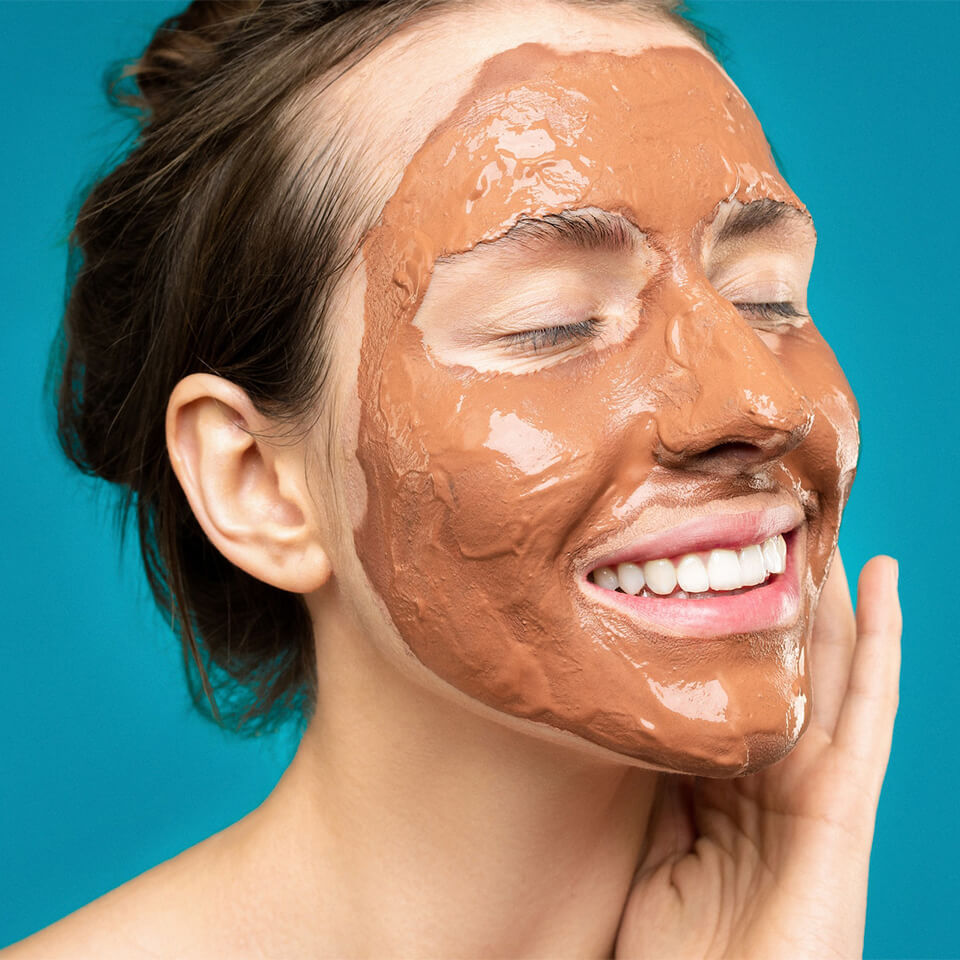Over the past few years, face masks have become synonymous with self-care. Along with a succulent glass of cabernet-sauvignon, a great TV show, and a soft bathrobe, they are a staple “me time.” People claim they help moisturize your skin, cleanse your pores of unwanted oils and dirt, and even minimize fine lines and wrinkles, but is that all true? Is the hype real?
In this post we’ll be discussing what these masks & exfoliants actually do to help you decide if they are worth adding to your skin care routine.
Types of Face Masks

All facial masks can be beneficial based on the simple fact that when you apply a face mask, it occludes the skin, meaning it creates a protective layer between the air and your skin, thus increasing the effectiveness of the active ingredients. That said, not all masks help with the same skin concerns, so it’s important to be familiar with the various types and their advantages.
Gel Masks
The gel face mask is a good choice for those with normal to slightly oily skin types. They are lightweight and breathable, and designed to lessen the appearance of pores and hydrate skin without clogging it.
Also, the light weight of gel face masks makes them helpful for soothing irritations and redness. This feature of the gel face mask makes it particularly beneficial for people with sensitive skin.
Cream Masks
Cream face masks have a number of benefits for the skin. For starters, they are great for moisturizing dehydrated skin, which can help to keep the skin looking healthy. They can also help to improve the overall texture of the skin, making it smoother and more supple.
Because of the hydrating benefits the cream mask provides, cream masks help reduce the appearance of fine lines and wrinkles, giving the skin a more youthful, radiant appearance.
Clay Masks
Clay masks have several benefits, especially if you struggle with breakouts. Using a clay mask can help to remove dirt, oil and other impurities from clogged pores, which can reduce the risk of acne and other skin problems.
The glacial clay mask in particular has shown to be an especially effective remedy for excess sebum, or excess oils, and a great choice for revitalizing the skin.
Exfoliating masks
Exfoliating masks are a great way to get rid of dead skin cells and get your skin looking smooth. In addition to promoting skin health and a nice glow, these masks can lift away any dirt and debris that gets collected in your pores throughout the day or week.
An exfoliating face mask helps increase cell turnover, leading to smoother skin with fewer fine lines and wrinkles.
Ingredients

Beyond the types of masks, it is important to pay attention to the ingredients list, as different ingredients will be helpful in different ways. Here’s an easy guide listing which beneficial ingredients are helpful for which concern :
- Acne - salicylic acid and alpha hydroxy acids
- Dry skin - hyaluronic acid
- Fine lines - antioxidants like vitamin C and vitamin E that boost collagen production
- Dark Spots - kojic acid and soy
- Irritation - aloe vera and oatmeal
How Often Should You Use Face Masks?

It is recommended to use a face mask one to three times a week, depending on your skin type. Normal to oily skin may benefit more from using it two or three times a week, while normal to dry skin types should use masks once or twice a week for the best results.
Discover Advanced Products for Any Skin Concern
Now that you have an idea of what kind of products will be beneficial for your skin type and skin tone, check out our collection of professional masks & exfoliants to find the right face mask for your needs!
